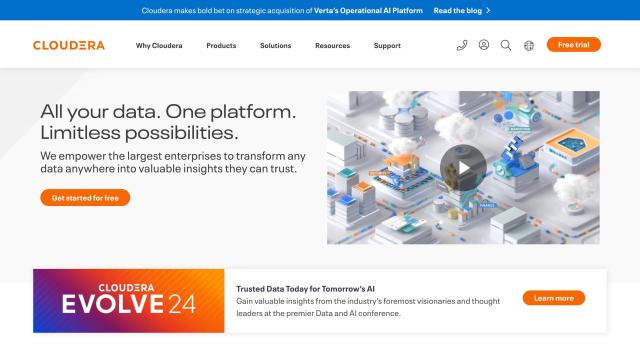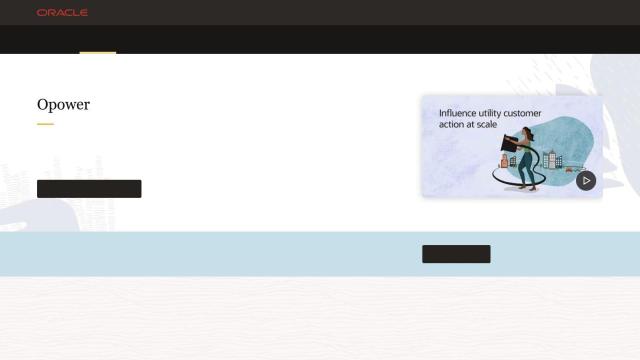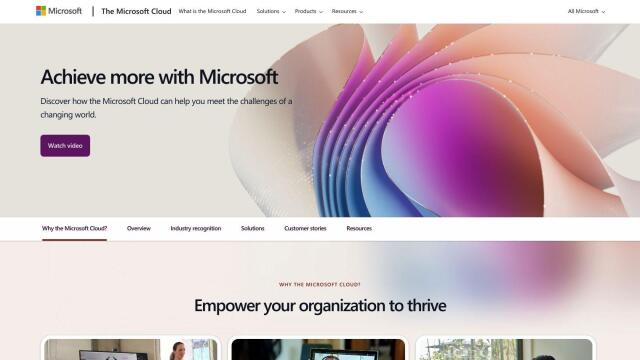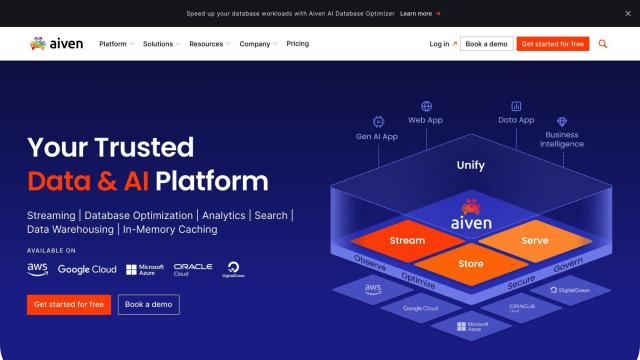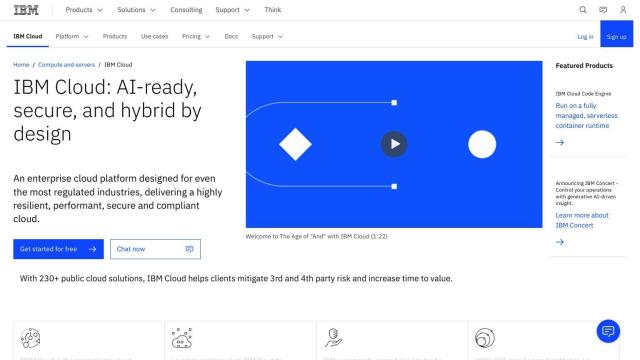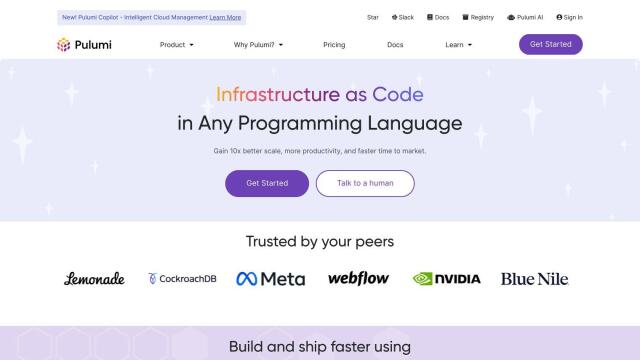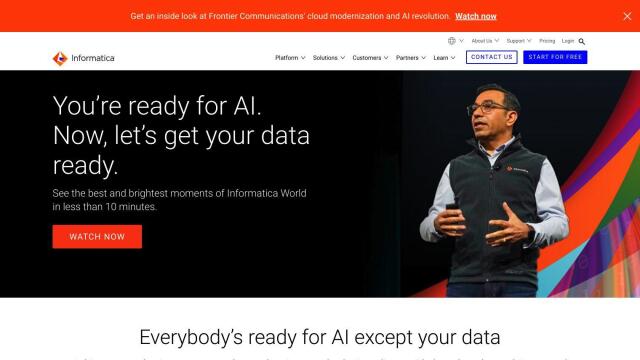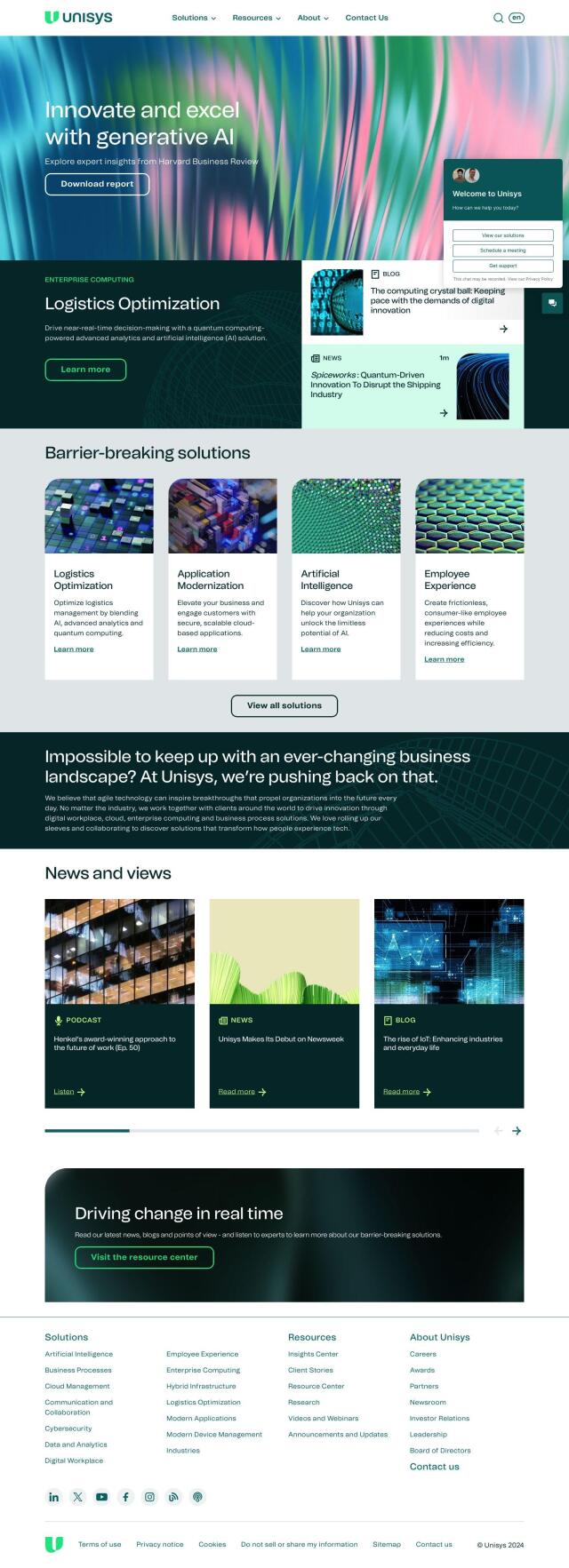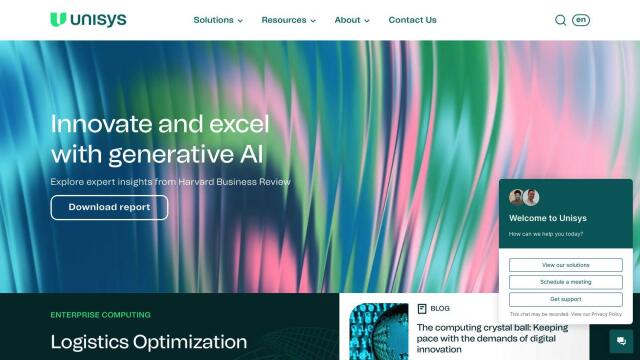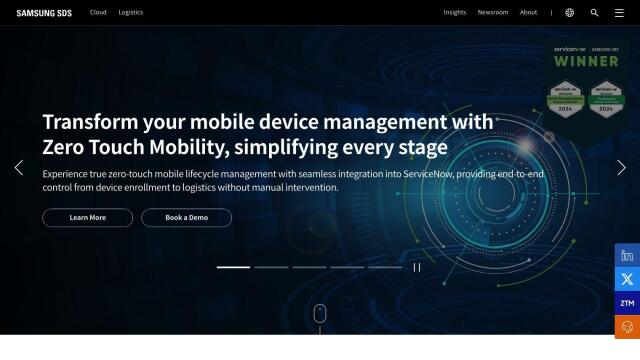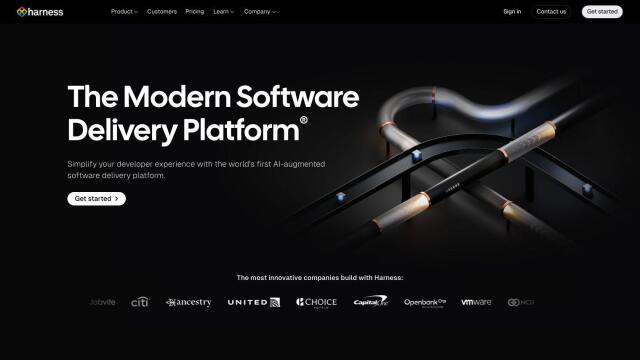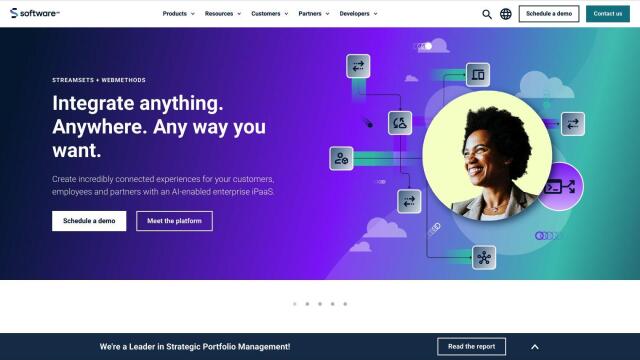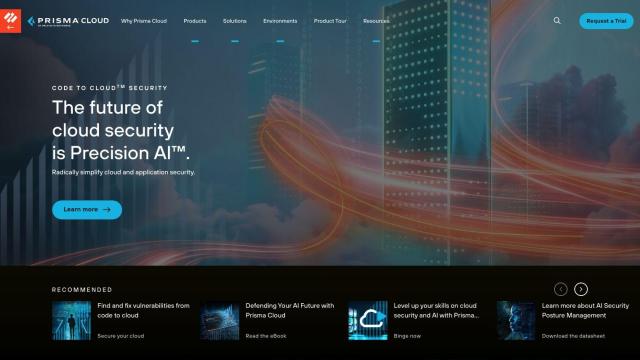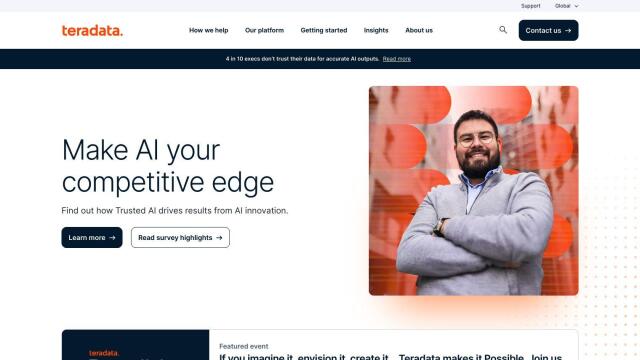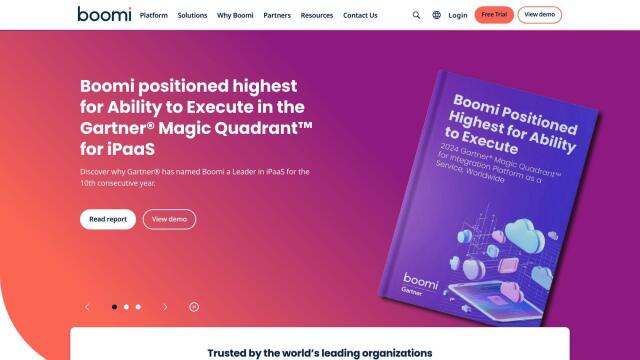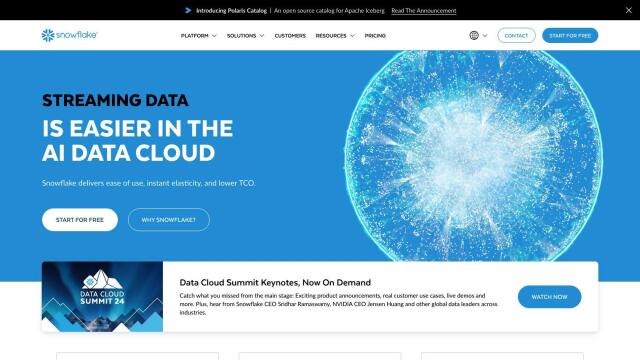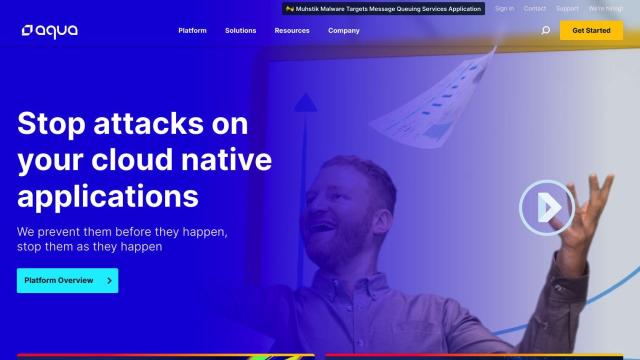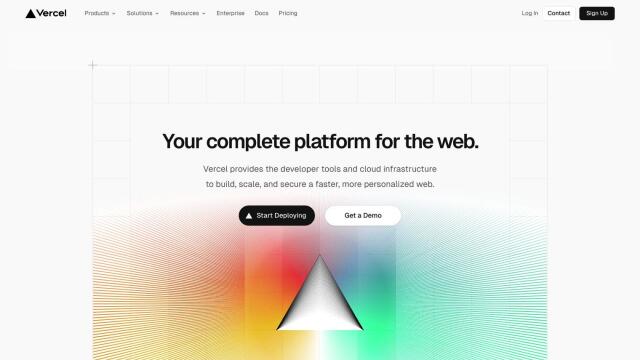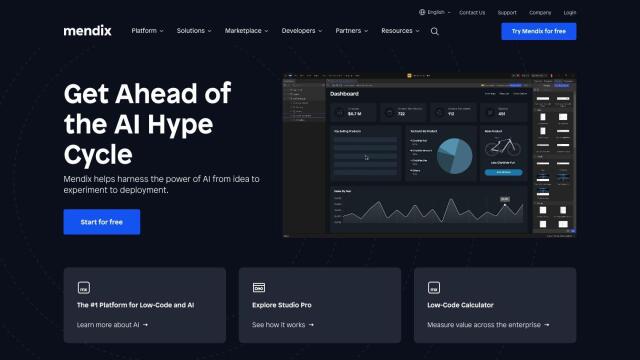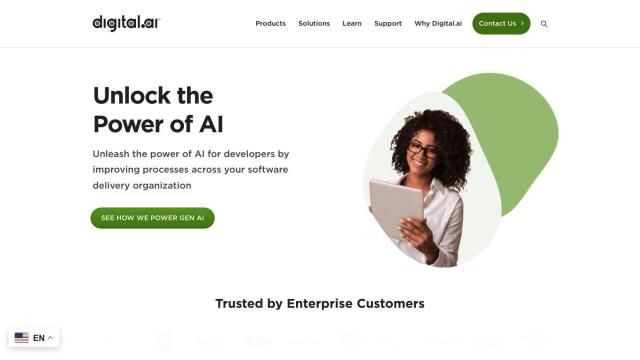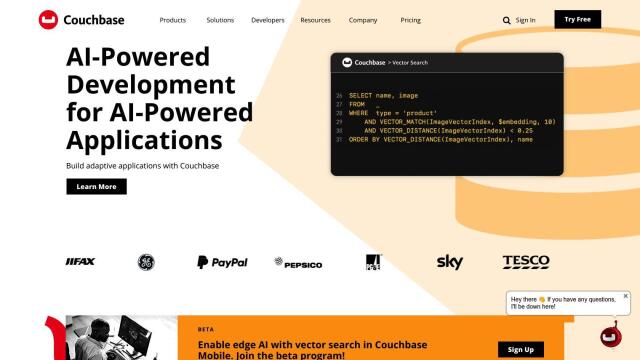Question: How can I modernize my existing applications and build new cloud-native ones using a hybrid cloud strategy?

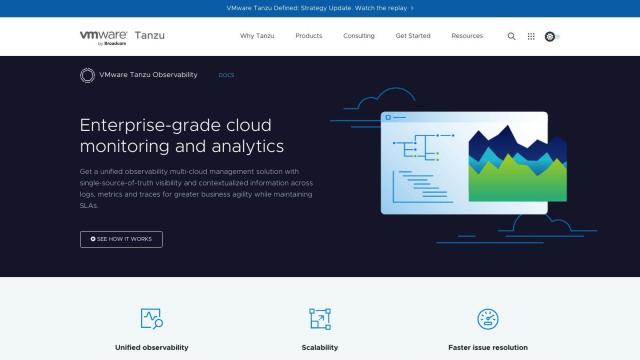
VMware Tanzu
If you want to modernize your existing applications and build new cloud-native ones with a hybrid cloud approach, VMware Tanzu could be a good option. This software lets Dev and Ops teams develop, deploy and manage cloud-native applications on multiple clouds and edge computing sites. It can accommodate VMs using Cloud Foundry or Kubernetes, so it's good for polyglot and multi-cloud environments. Tanzu comes with AI-powered app visibility, automation, security and multi-cloud support that can dramatically accelerate software delivery and ease lifecycle management.
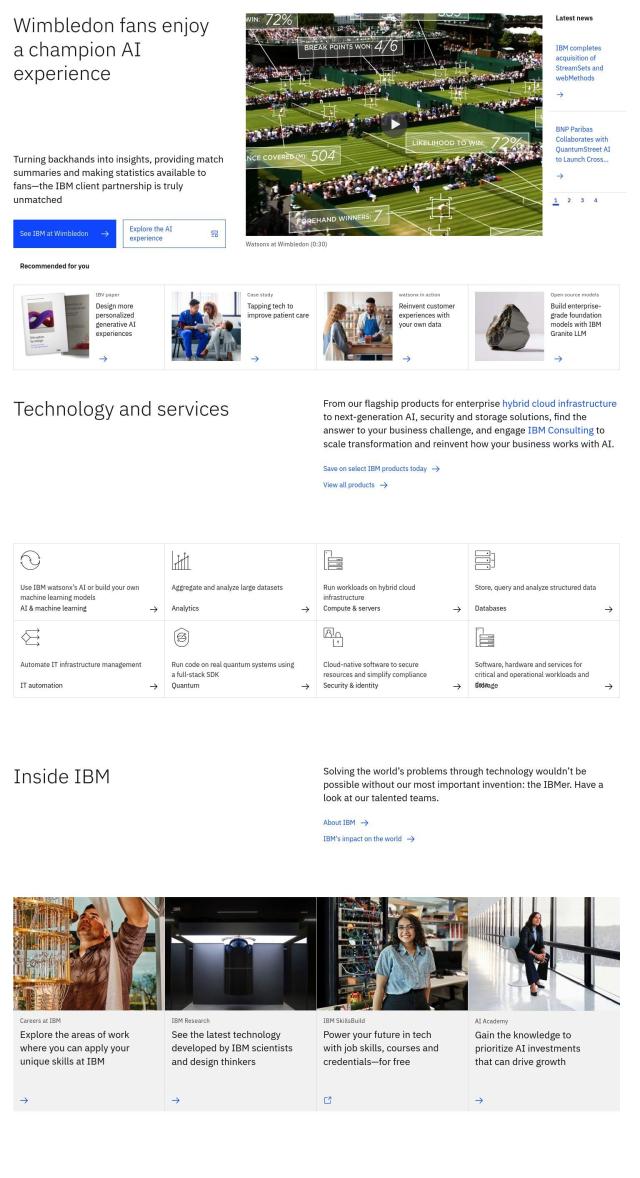

IBM
Another contender is IBM. IBM has a wide range of options to help businesses transform and grow, with a particular emphasis on hybrid cloud. Its approach is centered on open interoperability, data portability and strategic partnerships. IBM's IBM Garage methodology is designed to be user-centered and data-driven, which can lead to better customer experiences and more effective hybrid cloud integration. That could be particularly helpful for companies looking to get the most out of hybrid cloud in the generative AI era.

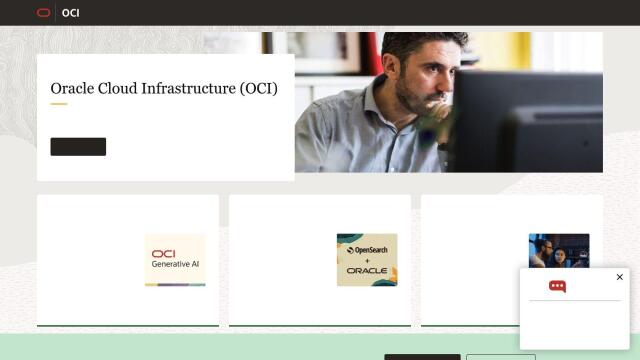
Oracle Cloud Infrastructure
Oracle Cloud Infrastructure is a full-featured platform with more than 100 cloud services that can be deployed in public clouds, on-premises or in hybrid environments. OCI spans multicloud, public cloud, hybrid cloud and dedicated cloud services, including AI, machine learning, big data and rich networking. Its pricing is competitive, and it's got strong security features, too, making it a good option for companies that want to run applications securely and efficiently. Oracle also offers direct interconnection with Microsoft Azure and Oracle Cloud Applications, which adds flexibility and convenience.

